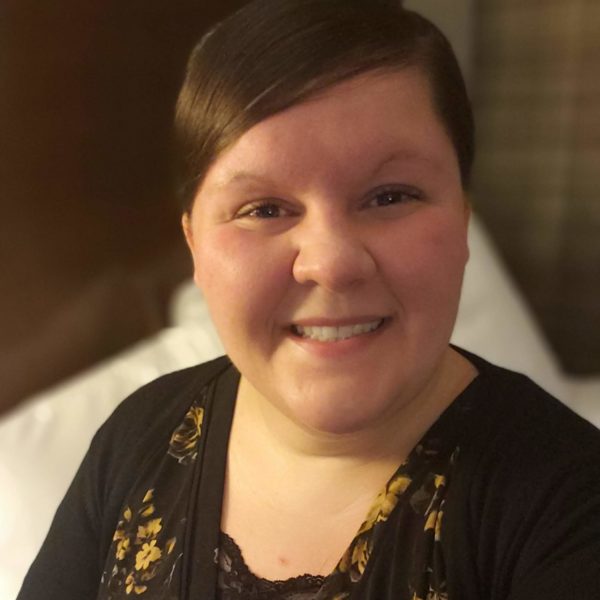
Home / Events / Neutron-capture constraints for the astrophysical i-process
Neutron-capture constraints for the astrophysical i-process
Presented By: Andrea Richard / richarda@nscl.msu.edu
Andrea Richard obtained her Ph.D. from Ohio University in 2018 where she worked on in-beam and beta-decay spectroscopy of the A=33 isobars in the Island of Inversion. She received her M.S. degree from Ohio University in 2014 with a focus on neutron time-of-flight spectroscopy for the deuteron breakup reaction. Andrea is currently a Nuclear Science and Security Consortium (NSSC) postdoctoral fellow at the National Superconducting Cyclotron Laboratory at Michigan State University. The primary focus of her work is constraining neutron-capture cross sections for the astrophysical i-process via the β-Oslo method using data from experimental campaigns at the NSCL and Argonne National Laboratory.
